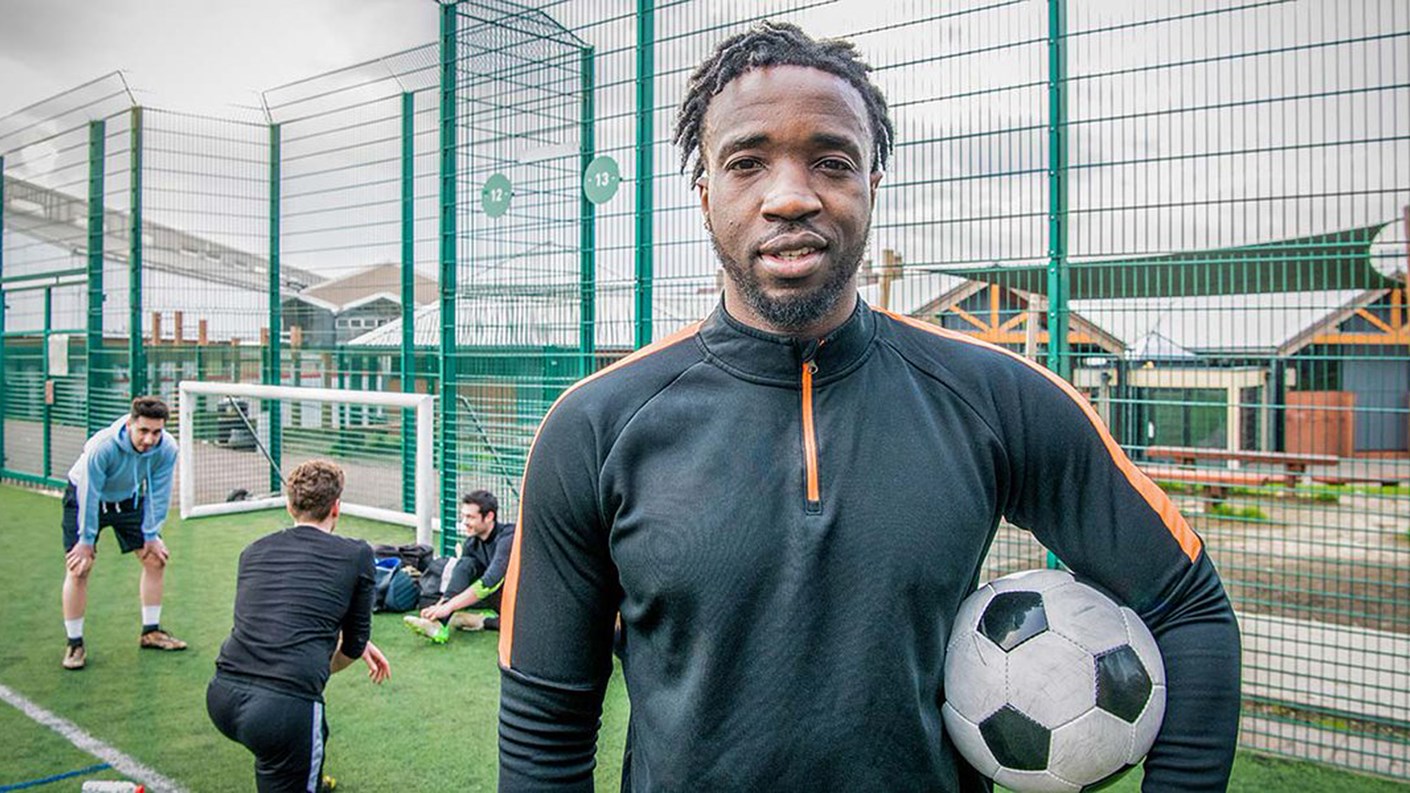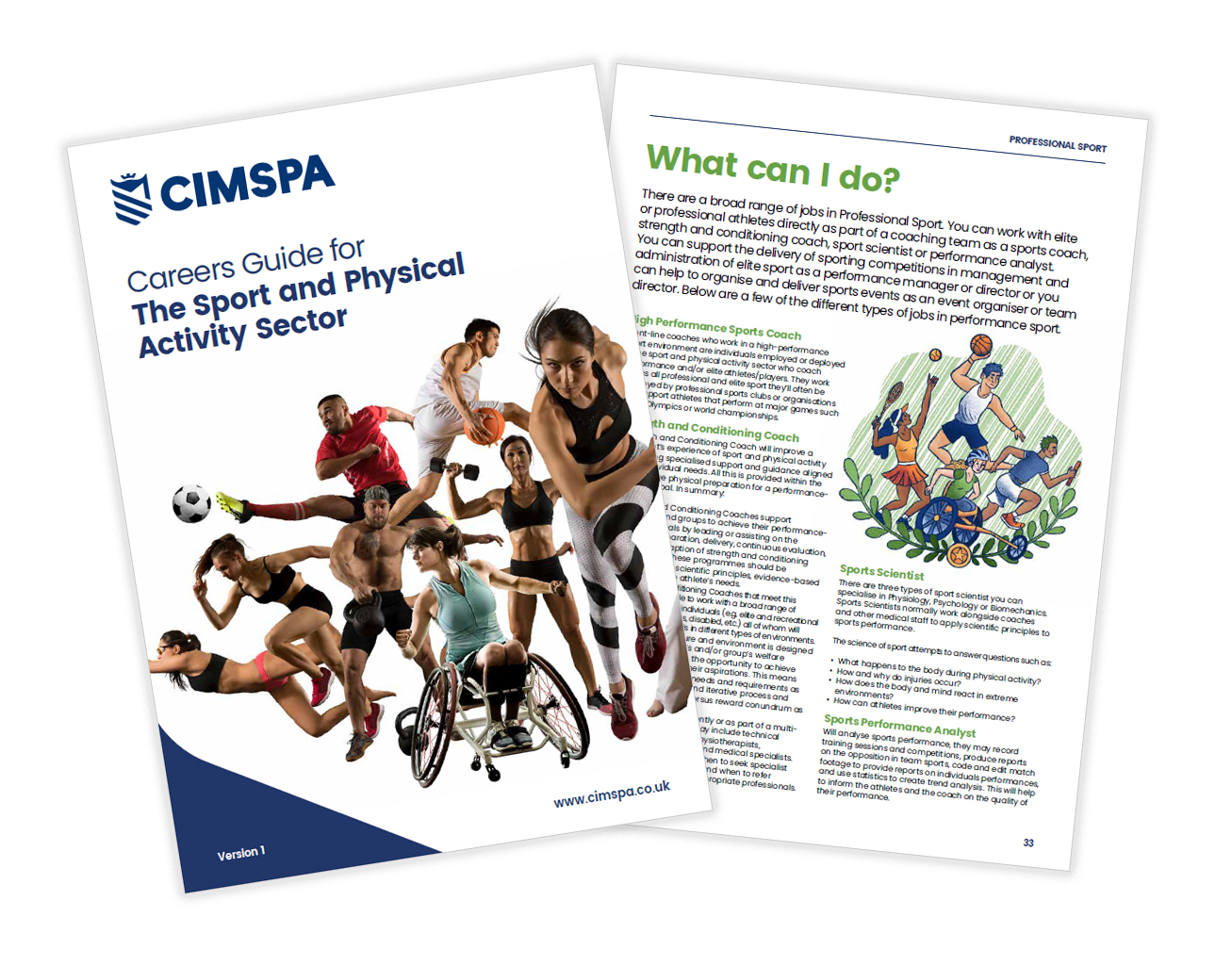Top three jobs in community sport
Sports Coach – engages people in sports coaching sessions.
Coaching Assistant - supports the sports coach to deliver coaching sessions.
Sports Development Manager - manages the delivery of sporting initiatives and people delivering sports activity.
What can I do?
You could work in your local community sports club coaching boxing or tennis, or work in a school to deliver before or after school activities, or coordinate sports competitions.
Below are a few of the different types of jobs in community sport.
Coaching Assistant
A Coaching Assistant will improve a participant’s experience of sport and physical activity by assisting a coach to provide specialised support and guidance aligned to the participants individual needs. Coaching Assistants can, and do, have an inspirational effect on individuals, groups and communities.
The participant’s development as a person is central to the Coaching Assistant’s activity. They may deliver part of a coaching activity under supervision.
Responsibilities often include:
- Assisting the coach with the provision of a high quality and positive experience, especially where there are large groups or those with additional needs.
- Assisting in the preparation, delivery, continuous evaluation and review of sport and/or physical activity sessions.
- Ensuring the culture and environment is inclusive and designed to meet participant welfare needs, allowing them the opportunity to achieve their goals and meet their aspirations.
As well as participants, Coaching Assistants work with coaches, other coaching assistants, colleagues, volunteers, parents, teachers, youth workers and health professionals to ensure the experience is the very best it can be.
Community Sports Coach
A Community Sports Coach will improve a participant’s experience of sport and physical activity by providing specialised support and guidance aligned to their individual needs.
Coaches can, and do, have an inspirational effect on individuals, groups and communities. Every participant’s personal development is central to this role.
Responsibilities often include:
- Leading, planning, preparing, delivering and continuously evaluating and reviewing a series of sport and/or physical activity sessions.
- Ensuring the culture and environment is inclusive and designed to meet participants’ welfare needs, allowing them the opportunity to achieve their goals and meet their aspirations.
As with the Coaching Assistant role, a Community Sports Coach will not only work with participants, but also other coaches, colleagues, volunteers, parents, teachers, youth workers and health professionals.
Sports Development Officer
A Sports Development Officer plans and organises sports projects and campaigns in order to get more people involved. They’ll work towards making sport more accessible to everyone and aim to get people living a healthier lifestyle. They may specialise in a particular sport, focus on a particular group of people or have a more general remit.
Responsibilities often include:
- Planning, organising, developing and delivering a varied range of sporting activities, projects or programmes.
- Finding funding and managing budgets.
- Producing promotional material and displays.
- Keeping statistical and financial records.
- Undertaking administrative tasks.
- Writing reports and press releases.
- Liaising and working with relevant organisations or agencies including youth services, schools, clubs, sports coaches and sports councils.
- Organising and undertaking market research.
- Monitoring and assessing progress.
- Finding and training coaches, volunteers and staff.
School Sports Coach
A School Sports Coach will know how to work with a range of children in a school environment in a way which suits the children’s needs and over a period of time that is sufficient enough to show improvement against the children’s needs and aspirations. Activities could include after school clubs, holiday clubs and sports club sessions on a school site.

